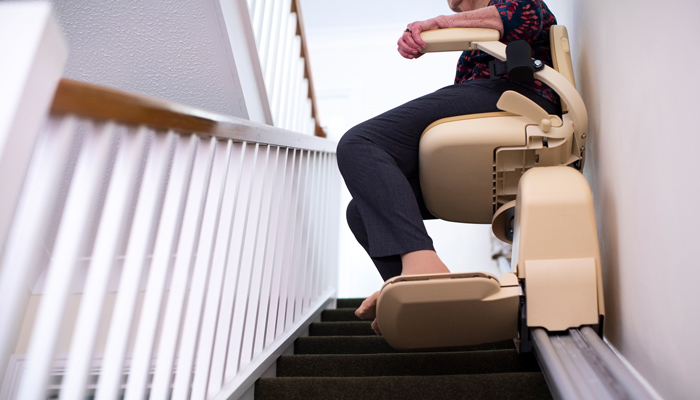Cyber Risks in Care
Cybersecurity threats are an increasing risk to individuals and businesses of all sizes - and care homes are no different.
Advancements in technology and AI means that the ability to predict and plan for cybersecurity threats in the care industry is reducing.
Care cybersecurity threats
In recent years, there’s been a steady increase in the number of cybersecurity attacks on medical networked devices, which has forced people connected/involved or working in care homes, to really sit up and take notice.
Due to the current economic climate, many care homes have financial restrictions, leaving them with outdated devices that are not always being updated regularly or correctly – increasing the likelihood of a cyberattack.
The financial challenges that care homes face also means that there’s a gap in cyber security talent, with care homes not being able to employ or contract the necessary support.
Cybersecurity threats for care businesses
You may well have heard about phishing, social engineering and ransomware (to name just a few), but did you know that the vast majority of malware (malicious software) is delivered via email?
A common attack may first land via email in your inbox or junk collection, without you realising it. The subject line could include the word(s) ‘order’, ‘invoice’, or ‘document’. If you act on the email (download the document, for example), then the damage has been done, because that action or download could well trigger the installation of malicious and/or harmful software.
It could be that your care homes’ client lists, customer databases or financial information have already been targeted. It’s well-known that cyber criminals make money through identity theft, the sale of stolen information, holding data to ransom or stealing funds from bank accounts.
Attackers may also look to sell specific data, such as pricing information and processes to competitors - which may give them a market advantage.
Unfortunately, this standard example is just the tip of the cyberattack iceberg. It is critical to consider relevant steps if you haven’t taken them already, and having cyber insurance for your care business is key.
Insurance for cybersecurity threats
It’s important that you have the necessary insurance for cyber risks in your care business, to protect you from a range of risks.
Cyber extortion insurance
When a hacker tries to hold your business to ransom, your cyber extortion insurance
should cover you. You may also need the services of a leading risk consultancy firm to help manage the situation.
Data recovery services insurance
Quite simply, in the event you lose any important data, you should have an insurance package in place that provides data recovery services.
Cyber business interruption insurance
Your cyber business interruption insurance should provide compensation for loss of income, including when it is caused by damage to your reputation if a hacker targets your systems and prevents your business from earning revenue.
Hacker damage reimbursement insurance after cybersecurity attacks
You should be reimbursed for any repair costs, restoration or replacement if a hacker causes damage to your websites, program or electronic data through a cybersecurity attack.
Cyber insurance from Towergate
You need the right type of cyber insurance in place should you suffer a cybersecurity attack: please speak to our specialist team.
There are cyber insurance options available in the market to suit every scale and size of care business. Depending on the insurer and policy, some covers can also provide access to further support and resources, or services to assist with your anti-cybersecurity attack strategy.
Domiciliary care insurance from Towergate
See our domiciliary care insurance page, call us on 0330 123 5342 or request a callback at newcare@towergate.co.uk.
Care home insurance from Towergate
We can also provide cover for care homes. See our care home insurance page, call us on 01438 739 280 or request a call back at newcare@towergate.co.uk.
About the author
 Marc Rocker, Head of Cyber has been with Towergate for over 15 years advising commercial clients of all sizes on their business insurance needs.
Marc Rocker, Head of Cyber has been with Towergate for over 15 years advising commercial clients of all sizes on their business insurance needs.
As Head of Cyber Insurance, Marc has responsibility for ensuring that the advice and products that Towergate provides meet clients’ needs. Marc is a member of the British Insurance Brokers’ Association (BIBA) cyber technical committee.
Consistent with our policy when giving comment and advice on a non-specific basis, we cannot assume legal responsibility for the accuracy of any particular statement. In the case of specific problems we recommend that professional advice be sought.
Date: August 01, 2024
Category: Care and Medical











